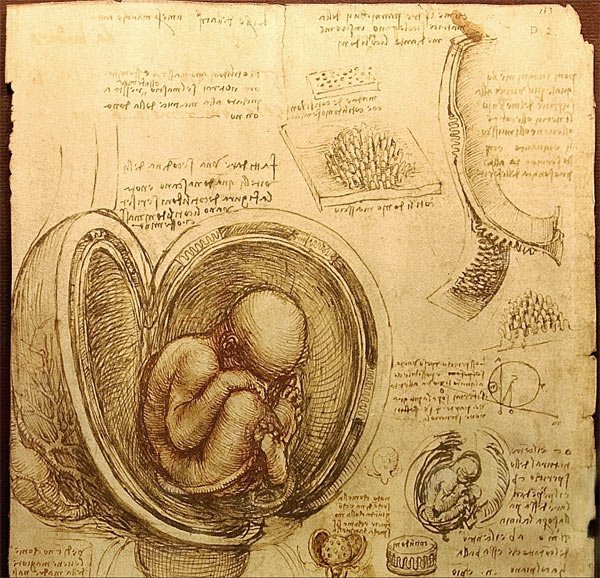The life cycle is a wider concept than what is traditionally called "psychodynamics". The latter implies all the psychobiological factors that determine the overall mental performance and the temporal characteristics of the psychic activity. In addition to the psychodynamic properties, the term "life cycle" includes the long-term qualities of the "trajectory" of the individual's vital forces - growth, stability and decline. These three qualities are the basis for dividing the lifecycle of three universal ages: childhood, maturity and old age.
The life cycle is the natural framework of human mental development. It is genetically conditioned. It does not fix the individual variance of the trajectory of life forces, but it is based on human characteristics: life expectancy and general level of vitality in different sectors of the trajectory of life forces. These estimates are made in medium-statistical terms. Thus, life expectancy averaged 70-80 years, and psychological ages between two and four decades. And so the life cycle is a man's psychobiological program. It depends on the common social and natural living conditions of a given human community. Schematically speaking, human development can be understood as the outcome of the deployment, interaction, and contradictions of the life cycle and the life path of human life.
The changes that a person undergoes during his life are the result of joint combinations of biology, history, culture, and so on. factors. At different times, the impact of these factors is different, and so is also due to the individual peculiarities of each individual. Changes that, over time, occur in body building, in psyche, in human behavior as a result of biological processes in the body and the impact of the surrounding environment. These changes are progressing and accumulate, leading to complication of the function of the body and the psyche. Areas of human development are: physical; cognitive and psychosocial. The development of these three areas is simultaneously a complex interaction between them. Consequently, development is not consistent with individual changes, but is of a comprehensive systemic nature, and changes in one area lead to a change in two others. The biological processes of development are: maturation - sequential pre-programmed changes of the body and the psyche. This maturation is associated with the ability of each organism to reach a point of optimal maturity.
